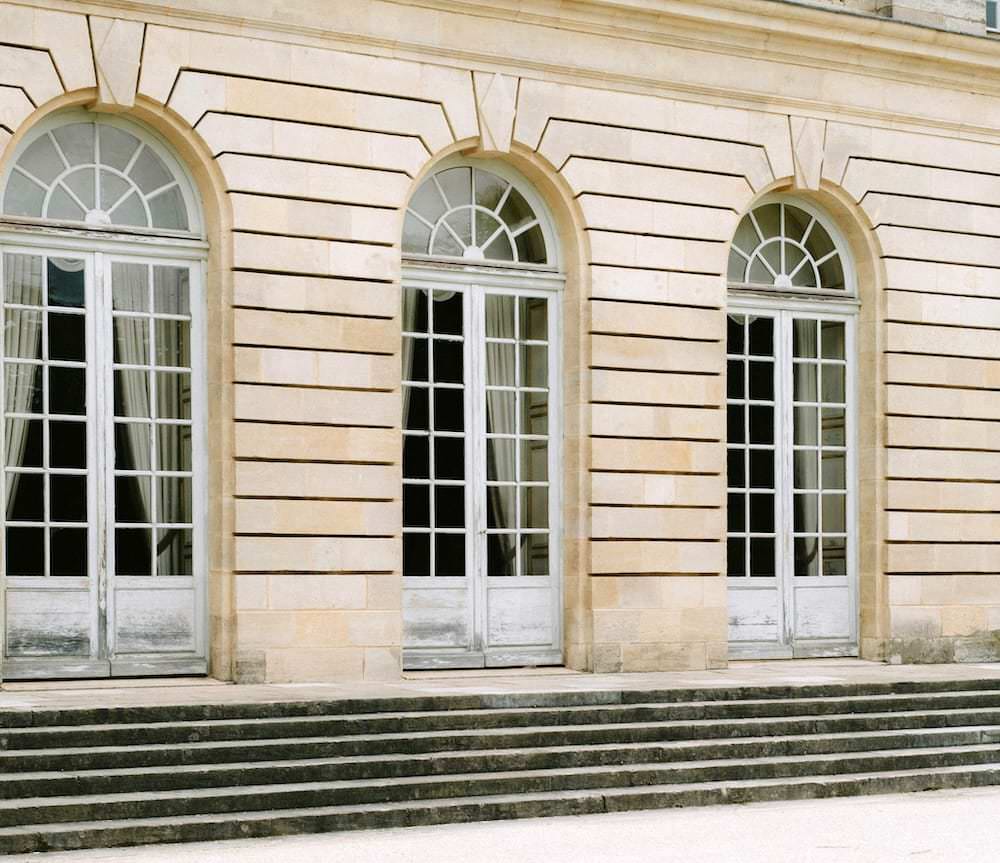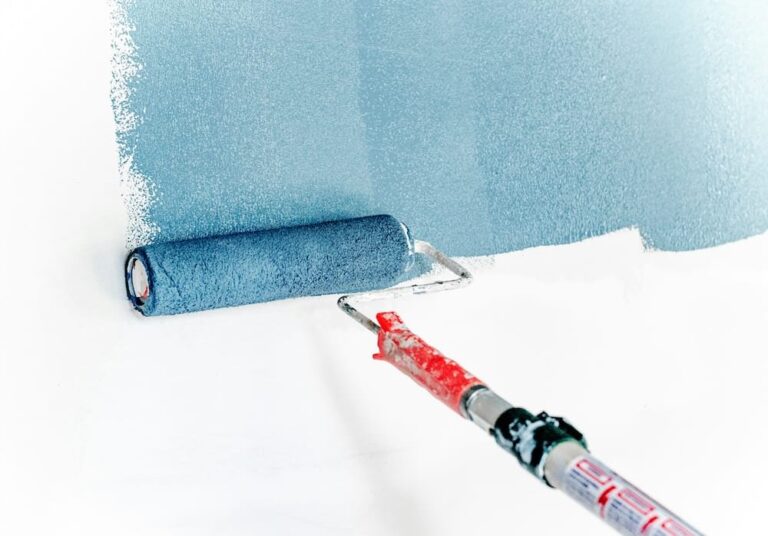lequel
The relative pronoun lequel and its variants (laquelle, lesquels, lesquelles, auquel, duquel, etc.) are used to refer to a previously mentioned noun while avoiding ambiguity. They are more precise than qui or que and are often employed in formal writing or when clarity is essential.
Forms of lequel
The pronoun lequel agrees in gender and number with the noun it replaces:
| Masculine | Feminine |
|---|---|
| lequel (singular) | laquelle (singular) |
| lesquels (plural) | lesquelles (plural) |
When combined with prepositions, contractions occur:
| Preposition + lequel | Contracted form |
|---|---|
| à + lequel | auquel |
| de + lequel | duquel |
| à + lesquels/lesquelles | auxquels/auxquelles |
| de + lesquels/lesquelles | desquels/desquelles |
Usage of lequel
1. Replacing indirect objects (after prepositions)
When the relative clause requires a preposition (such as à, de, pour, avec, sur), lequel is often used instead of qui or que.
Examples:
- Voici le rapport sur lequel je travaille. (Here is the report on which I am working.)
- C’est un problème auquel nous devons réfléchir. (This is a problem to which we must give thought.)
- La personne à laquelle j’ai parlé était très gentille. (The person to whom I spoke was very kind.)
2. Avoiding ambiguity with qui
When qui could refer to either the subject or another noun, lequel provides clarity.
Examples:
- *J’ai vu le fils de la voisine, lequel (not *qui) m’a salué. (I saw the neighbor’s son, who greeted me.)
- (Here, lequel clearly refers to le fils, not la voisine.)
3. Formal or written French
Lequel is more common in formal writing, legal texts, or structured speech.
Examples:
- Les documents auxquels vous faites référence sont perdus. (The documents to which you are referring are lost.)
- L’entreprise pour laquelle il travaille est en crise. (The company for which he works is in crisis.)
4. After indefinite pronouns
When referring to indefinite pronouns like ceci, cela, or ce, lequel is sometimes used.
Examples:
- Il a expliqué son idée, laquelle m’a semblé intéressante. (He explained his idea, which seemed interesting to me.)
Common mistakes to avoid
Using lequel instead of que/qui when unnecessary
- Incorrect: Le livre lequel j’ai lu.
- Correct: Le livre que j’ai lu. (The book that I read.)
Forgetting agreement
- Incorrect: La table sur lequel j’ai posé le livre.
- Correct: La table sur laquelle j’ai posé le livre. (The table on which I placed the book.)
Mixing up auquel/duquel
- Incorrect: L’homme duquel j’ai parlé. (if meaning “to whom”)
- Correct: L’homme auquel j’ai parlé. (The man to whom I spoke.)
Additional examples
- Les raisons pour lesquelles il a démissionné restent floues. (The reasons for which he resigned remain unclear.)
- L’arme avec laquelle le crime a été commis a été retrouvée. (The weapon with which the crime was committed has been found.)
- Les pays dans lesquels il a voyagé sont nombreux. (The countries in which he has traveled are numerous.)






